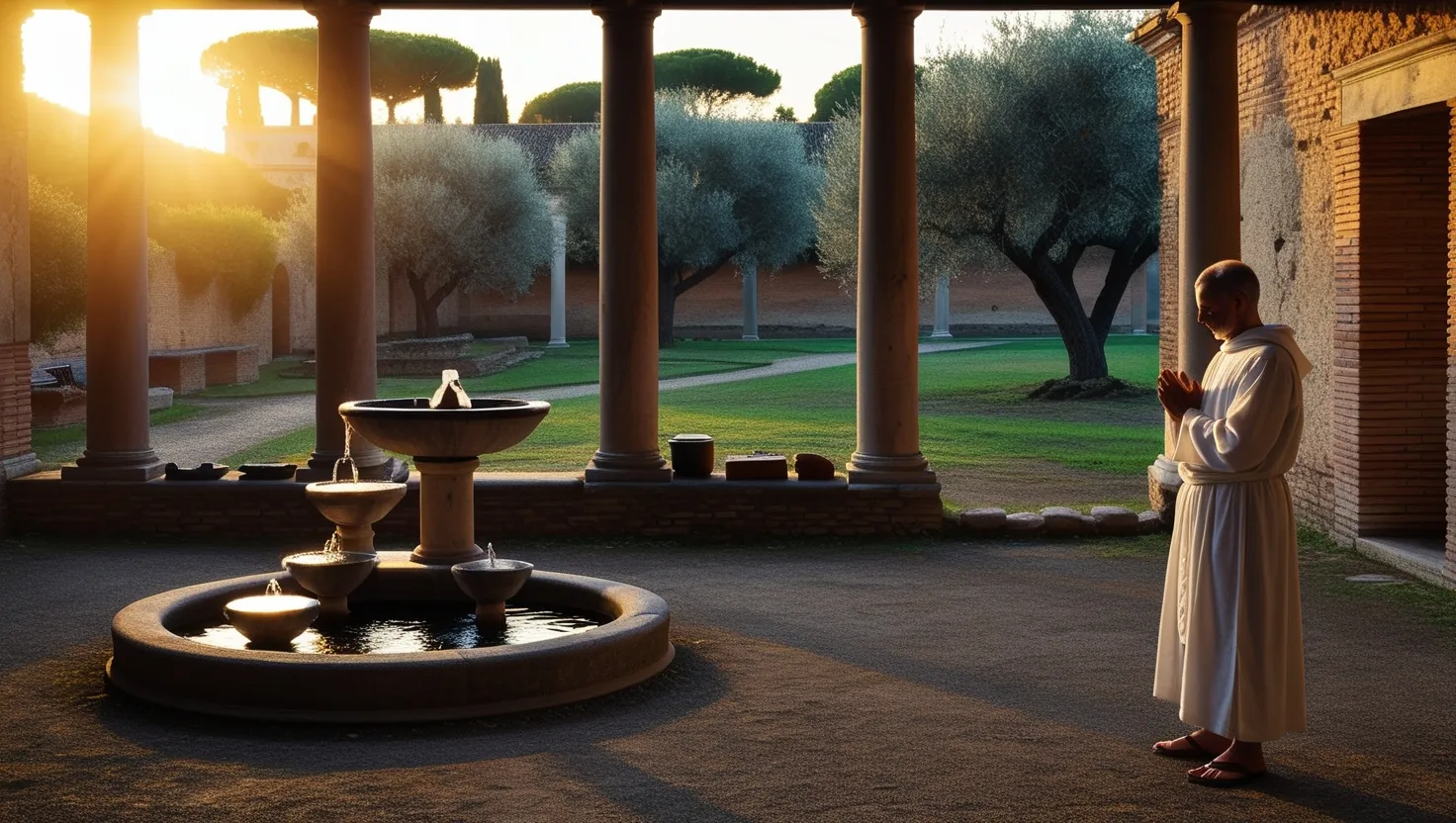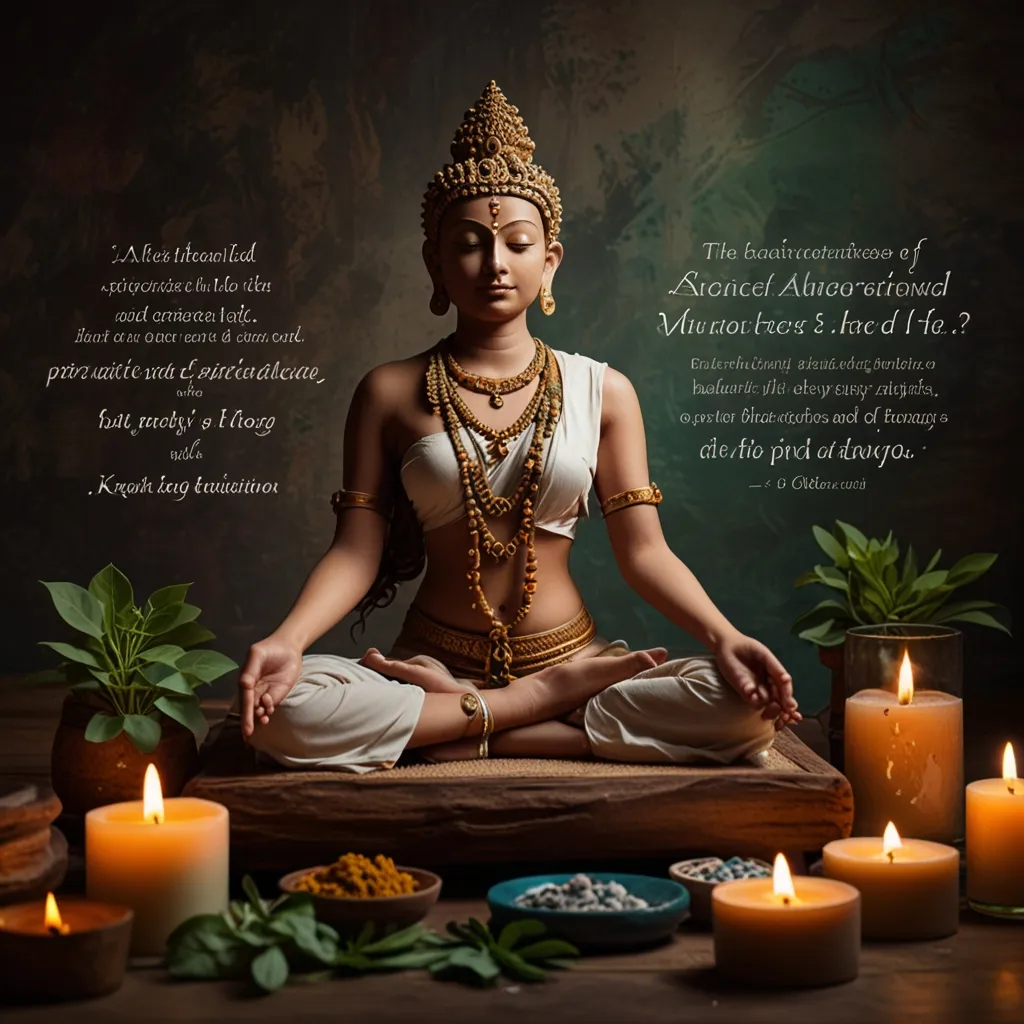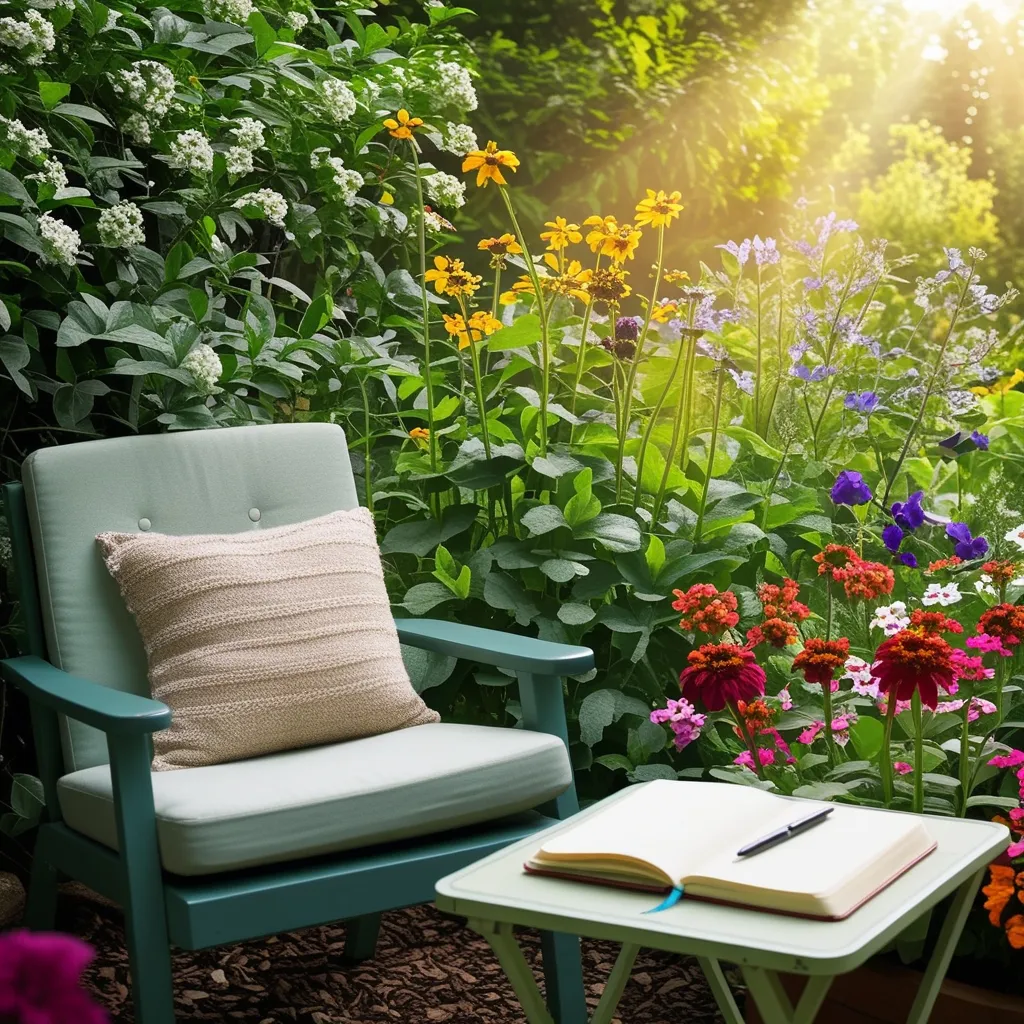If you’ve ever wished for greater discipline or a more meaningful daily routine, it’s worth looking to ancient Rome—not for grand monuments, but for the smaller rituals woven into everyday life. The Romans knew something about habit: not the forced kind, but practices that quietly shaped their days and, ultimately, their culture.
Every morning, Romans would begin with a greeting to their household gods, even before conversation or breakfast. While I may not have a cabinet of tiny statues, I appreciate the intention behind this moment. Imagine how different your day would feel if, before checking your phone, you simply stood at your window, acknowledged the world, and took three conscious breaths. It’s less about worship and more about attention—a signal to your body and mind that a new day deserves recognition. There’s something powerful in declaring your intent for the day. Am I bracing for a tough meeting? Seeking patience with my kids? It’s a minute-long check-in, but it can change the tone for everything that follows.
“Begin at once to live, and count each separate day as a separate life.” Those were Seneca’s words, and this habit helps make each day a new chapter, rather than just a continuation of yesterday’s anxieties.
One of my favorite Roman traditions is their bath ritual. To us, bathing is mostly about cleanliness or maybe relaxation. For the Romans, it was almost spiritual—hot, warm, and cold pools sequenced to awaken, soothe and then shock the senses. While most of us don’t have access to an ancient bathhouse, even ending your morning shower with thirty seconds of cold water can be transformative. It’s uncomfortable, no doubt. But this brief moment of voluntary struggle seems to sharpen the mind and wake up every inch of skin. Could discomfort be a friend, not something to avoid? I’ve noticed these icy finishes bring resilience into other corners of life: a meeting that goes sideways, a frustrating call, a fitness goal. Facing minor challenges on purpose builds confidence for the bigger ones.
How often do you wish you had more energy in the afternoon? Instead of powering through, Romans would pause during the hottest hours for rest or lighter activities. While siestas aren’t part of my day, I’ve learned that a deliberate break after lunch—a quiet walk, ten minutes reading, or some slow stretching—does wonders. It’s not laziness; it’s intelligent pacing. Our brains, like our bodies, aren’t made for relentless sprints. That 20-minute window, away from inboxes and newsfeeds, seems to multiply the quality of my attention later. Isn’t it strange how a pause can make you more productive than plowing ahead without one?
“What we do in leisure, we do for its own sake.” Aristotle may not have been Roman, but the principle holds. Leisure, when protected from distraction, is a form of discipline—one that modern life, with its constant pings and notifications, so often neglects. I find when I savor those moments instead of filling them mindlessly, the rest of my day becomes more intentional.
Evenings in Rome often ended with a walk—sometimes through bustling forums or shaded gardens, sometimes alone, sometimes in company. There’s a softness to this ritual that appeals to me, especially after a day of urgent tasks. I try to take a gentle stroll after dinner, keeping my devices tucked away and letting the quiet settle in. During this walk, I mentally replay the events of the day, turning over successes and mistakes alike, and then letting them go. Why not use this transition to prepare for a restful night? Too often, we bring the day’s stress straight into bed, disrupting sleep and recovery.
“Solvitur ambulando—it is solved by walking.” This old Latin phrase rings true. Movement seems to free not only the body, but the mind. Problems shrink, gratitude grows, and the spine that was hunched over a keyboard finally resets.
Perhaps the most overlooked Roman practice worth adopting is keeping a household altar. While they offered wine, food, or incense to their lares (household spirits), I opt for objects that remind me of what matters most—a photo of my family, a pebble from a favorite hike, a quote that caught my attention. Each evening, I pause at this small space and reflect on the day’s lessons and what I’m grateful for. It takes so little time, but it’s grounding. I ask myself: What did I learn? Where did I help someone? What habit deserves attention tomorrow? It turns a day’s chaos into a story with meaning.
“To live is the rarest thing in the world. Most people exist, that is all.” Oscar Wilde captured what’s missing when we skip these rituals. It’s intentional living, not just being swept away by routine.
Interestingly, these Roman habits reflected their wider values. Focus on health wasn’t isolated from the mind; regular exercise, often in the form of games and walks, underpinned mental resilience too. Romans recognized that physical strain and recovery were two sides of the same coin. They used play and sport not only for entertainment, but as social glue. Children’s games, adult board games, and public arenas all contributed to a sense of belonging and joy. If you ever feel disconnected, remember: a shared activity could be the re-set button you need.
One lesser-known fact: Roman hours varied with the season, meaning the structure of their days changed. Summer hours stretched longer; winter ones shrank. Their daily “clock” was flexible, emphasizing attention to nature’s rhythms—a far cry from our rigid schedules. This adaptation teaches us something vital: perhaps discipline isn’t about forcing the same routine every day, but respecting what each day brings and responding thoughtfully.
Another curious point: the Roman week lacked an official day of rest. Holidays and festivals provided collective breaks instead. While I value modern weekends, there’s something intriguing about integrating rest in small, frequent doses. This keeps both body and mind from fatiguing, and turns discipline into a living practice, not just an external rule.
If you’re wondering how this all fits into a modern life filled with emails, traffic, or back-to-back meetings, you’re not alone. I ask myself: What from those ancient routines would actually serve me today? The answer isn’t to clone a Roman’s daily schedule, but to extract the essence: start with intention, vary your stimulus, protect genuine rest, savor movement, and create space for gratitude. If you pick one habit—even a tiny one—to anchor your day, you might find, as I have, that larger changes start to follow.
“Small deeds done are better than great deeds planned.” Peter Marshall’s words remind me that adopting a new micro-habit—whether a morning breath or an evening reflection—is more powerful than waiting for the perfect time to overhaul everything.
Consider, then: tomorrow morning, will you start your day on purpose? Will you try a cold splash for resilience, or step out for a reflective walk tonight? Where might you create a tiny altar of meaning—a space to pause, connect, and carry forward the lessons of the past?
Discipline, as the Romans practiced it, rested not on harshness but on crafting a life with shape and intention. Amid modern noise and hurry, these rituals offer more than nostalgia—they provide practical steps to restore rhythm, clarity, and depth to daily life.






